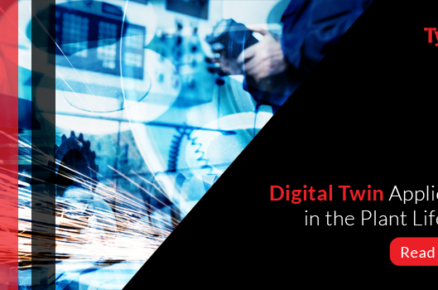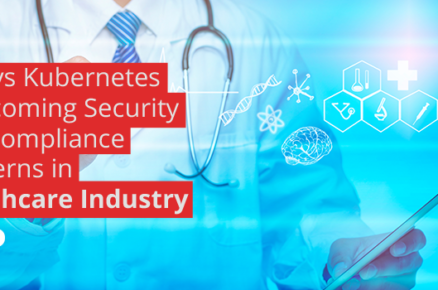As the population of the present world is ever increasing phenomena, the health concerns with it come as complementary. We know that mortals have all the rights to be unwell but with so many people, the quality healthcare facility is a challenge.
However, the role of technology can be considered to help overcome this challenge. Machine Learning (ML), an application of Artificial Intelligence helps provide systems the ability to automatically learn and improve. Therefore, in the healthcare industry, machines can know about the patients and help them.
Apart from ML, there are some Business Intelligence (BI) concepts like descriptive, diagnostic, predictive, and prescriptive analytics that can also be applied to the industry in a number of life-saving ways.
It is important that we know how BI and ML can support and enhance the use of technology and contribute to the healthcare industry in a number of ways.
ML usage in diagnosis
With ML in the picture, the images generated by Magnetic Resonance Imaging (MRI) can be used to detect serious illnesses like brain tumors. The professionals of the field like Radiographers and others will be able to scrutinize each MRI image to know the state of the patient.
Not only this, but MRI images can also be entered into the ML system as two different sets. One of which will show brain tumors. The other will show no brain tumors.
The ML program will analyze the images to detect the patterns that typically distinguish one case from the other. And, when the new images will enter, the program will apply what it has learned previously to decide if the new image represents a tumor or not. Following the same concept, the more images the program will treat, the more it will learn and the better it will diagnose, helping medical staff to save time while offering authenticity.
Streamlining of Big Data in Medicine
The knowledge in the field of medicine is vast and to remember each and every bit of it is difficult for any individual. This is when ML is required. In case of an MRI machine, a set of images that fit a set parameter for the algorithm to learn from, reach sizes that need big data Machine Learning.
Otherwise too, the big data in the medical field is present in large volumes in both structured and unstructured ways coming from more than one sources. This data can be integrated and used to generate life-saving medical knowledge.
Healthcare Insights through BI
BI can contribute to finding out the best usage of drugs and situations where it can be avoided. This is possible because BI techniques allow to ‘slice and dice’ data to analyze relationships between different data dimensions. An efficient BI system will provide different approaches to the patients and give them the liberty to ask ad hoc questions to know the exact truth.
BI is All in One
BI can also let you do diagnostic analytics to figure out why it happened. For instance, types of drug format, combinations with other drugs etc. With predictive analysis, it allows to predict the effects of the drug on other patient communities as per their demographics or trending medical conditions. Interestingly, at the most advanced level of BI, prescriptive analytics can give recommendations on the best action taken in accordance with the drug to lower risk.
Better Healthcare with ML & BI
Natural Language Processing (NLP), a form of ML, can make it possible for us to ask BI system questions in routine English. The physicians can type their questions to a chatbot to which BI chatbot will convert the English input into instructions. The BI system will understand it, get the result, and will give it back to the Physician once again in routine English or will display it as a screen graphic that can be understood easily.
With the power of technologies like NLP, AI, and ML will get smarter and expand in its usage. Therefore, combining them with the power of a comprehensive BI solution will lead on to bring vital changes in the healthcare industry and people affected by it.












